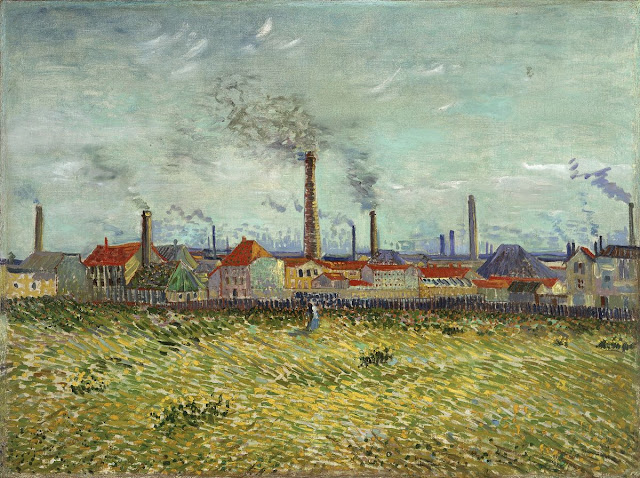This is all wrong. I shouldn’t be standing here. I should be back in school on the other side of the ocean. Yet you all come to us young people for hope? How dare you! You have stolen my dreams and my childhood with your empty words. And yet I’m one of the lucky ones. People are suffering. People are dying. Entire ecosystems are collapsing. We are in the beginning of a mass extinction. And all you can talk about is money and fairytales of eternal economic growth. How dare you!
Greta Thunberg, climate change activist, speaking to the United Nations, 9/23/2019. Text of remarks here.
*
Part of the anxiety many of us feel around climate change is the fact that no one knows what will happen next. But perhaps that’s the wrong way to think about it. The ancient Greek root chronos means chronological time, a sequential unfolding. But the ancient Greeks complemented it with kairos, which meant a propitious moment, the time for decision or action—a term that in modern Greek has coincidentally come to mean weather. Perhaps the opportune time to intervene is fleeting, like a passing thunderstorm or the peak of spring, and we risk a mismatch by striking too late.
Which brings us back to the striking children, the teenagers in revolt. They understand what time it is: it is time to act.
Astra Taylor, "Out of Time: Listening to the Climate's Clock." Lapham's Quarterly: Climate, Fall 2019. (A subtle, generous, head-spinningly insightful essay that merits multiple readings.)
*
Consider a bank like, say, JPMorgan Chase, which is America’s largest bank and the world’s most valuable by market capitalization. In the three years since the end of the Paris climate talks, Chase has reportedly committed a hundred and ninety-six billion dollars in financing for the fossil-fuel industry, much of it to fund extreme new ventures: ultra-deep-sea drilling, Arctic oil extraction, and so on. In each of those years, ExxonMobil, by contrast, spent less than three billion dollars on exploration, research, and development. A hundred and ninety-six billion dollars is larger than the market value of BP; it dwarfs that of the coal companies or the frackers. By this measure, Jamie Dimon, the C.E.O. of JPMorgan Chase, is an oil, coal, and gas baron almost without peer.
But here’s the thing: fossil-fuel financing accounts for only about seven per cent of Chase’s lending and underwriting. The bank lends to everyone else, too—to people who build bowling alleys and beach houses and breweries. And, if the world were to switch decisively to solar and wind power, Chase would lend to renewable-energy companies, too. Indeed, it already does, though on a much smaller scale ... The same is true of the asset-management and insurance industries: without them, the fossil-fuel companies would almost literally run out of gas, but BlackRock and Chubb could survive without their business. It’s possible to imagine these industries, given that the world is now in existential danger, quickly jettisoning their fossil-fuel business. It’s not easy to imagine—capitalism is not noted for surrendering sources of revenue. But, then, the Arctic ice sheet is not noted for melting.
Bill McKibben, "Money is the Oxygen on Which the Fuel of Global Warming Burns." The New Yorker, 9/17/2019. (Staggering to think that if Chase was willing to change a small fraction of its business, it could change the world decisively for the better.)
*
*
Vincent van Gogh: Factories at Clichy, 1887. St. Louis Art Museum.

